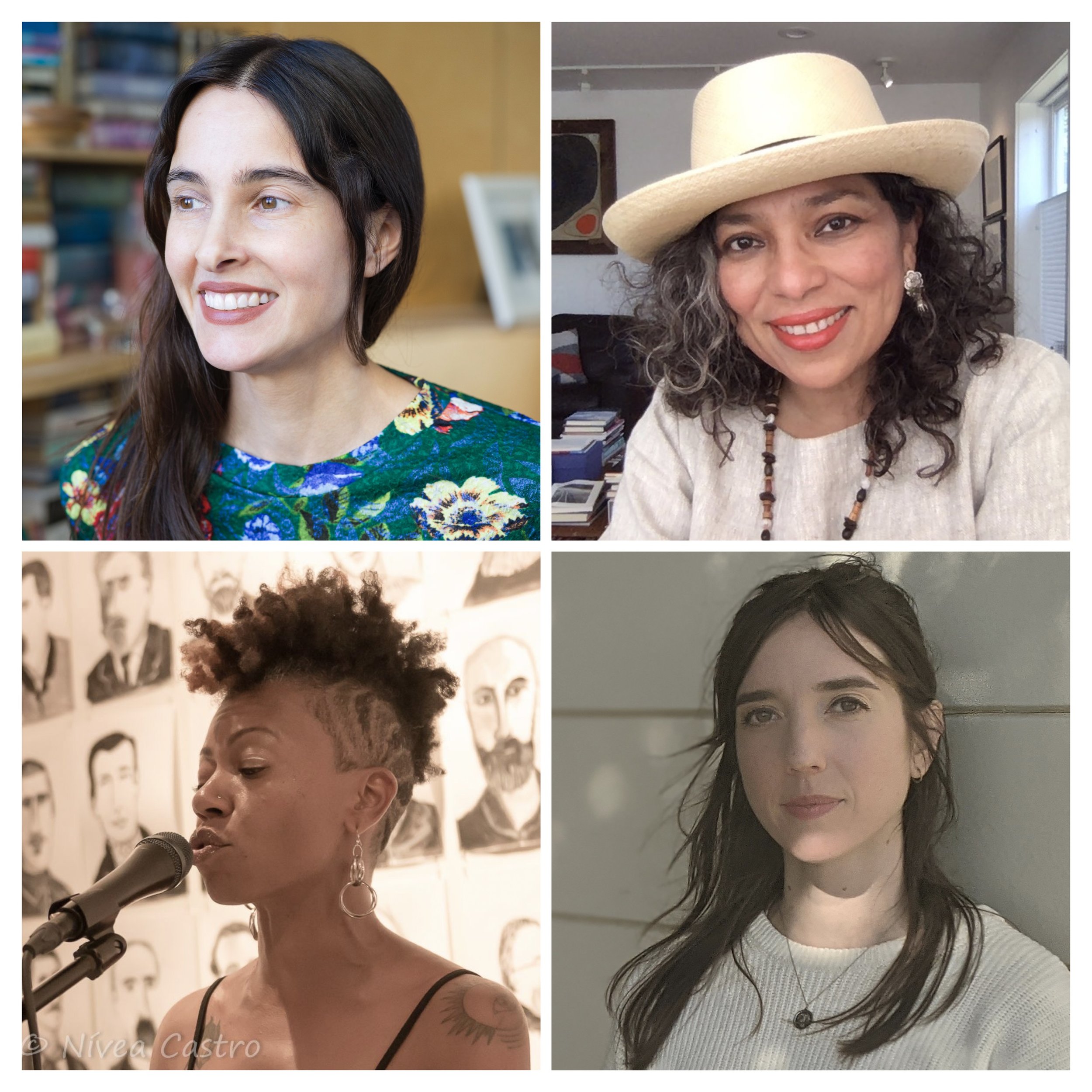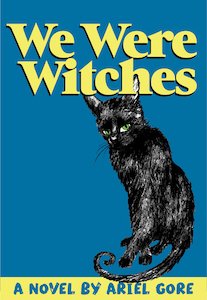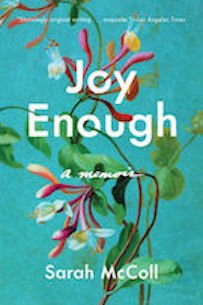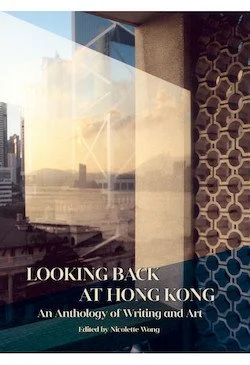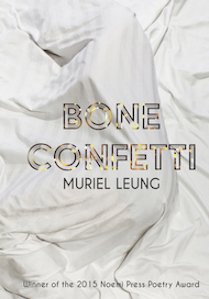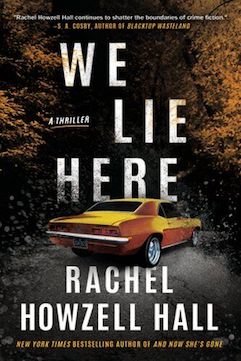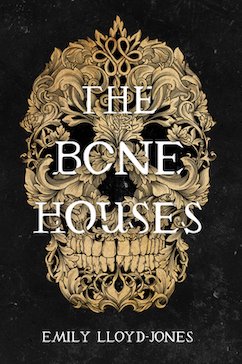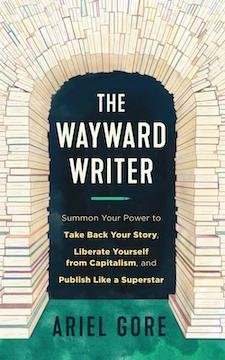We’re More than Halfway to Our Fundraising Goal! Our 2023 Sustaining Community Fundraising Drive is off to a fantastic start! We’re so grateful to the following people for their generous donations:
Alix Sabin
Anonymous Fund at the East Bay Community Foundation
Brenda Yeager
Bryant Burkhardt
Carole Stivers
Catherine Marshall
Claire Fortier
Clay Craig
David & Laura Welter
Eliana Yoneda
Henrietta Bensussen
Jane Armbruster
Jasper Nighthawk & Lisa Locascio Nighthawk
Laura Welter
Michelle Peñaloza
Norma Watkins
Susan Bono
Susanna Janssen
Terry & Michael Connelly
Thanks to our generous donors, we’re 61% of the way to our goal of raising $35,000! We’re working hard to continue our tradition in our 34th year for an in-person conference. Can you help us by making a year-end gift? Every gift matters, no matter how big or small.
Your contribution to our 2023 Sustaining Community Fundraising Drive will enable us to continue building a community where literary dreams become a reality. We’re so looking forward to being back together next summer. Thanks for helping us get there!
With gratitude,
Georgina Marie Guardado, Interim Executive Director
Laura Welter, Vice President, MCWC Board of Directors
Miss the Fall Online Seminars?
Don’t worry! You can catch up now by purchasing the recordings. You can buy one for $15 or all four for $50.
Write with Urgency: The Novel & The Memoir with Donna Freitas
Building Out a Writer’s Life with Kate Folk
Silence and the Imagination with Claudia Castro Luna
The Main Course: Poets Writing About Food Through With the Haibun with Anastacia-Renée
December Reading List
This upcoming winter season may provide an opportunity to catch up on reading and we’ve got a list for you! Here are selected works from some of 2023’s MCWC faculty:
We Were Witches by Ariel Gore
“You know that feeling when you crack open a brand new book and just by reading the first paragraph you can tell you’re about to go on a transformative journey? The kind of book that grabs you by the hand and says, hold on, we’ve got important work to do? A story that, at the risk of sounding very cliché because the word “witches” is, after all, in the title - leaves you spellbound? We Were Witches by Ariel Gore is that book… it is everything you didn’t know you were allowed to want in a narrative.” - Autostraddle
Island of a Thousand Mirrors by Nayomi Munaweera
“Munaweera's first novel is a breathtaking work of lyrical prose and vivid, transporting imagery. Part historical fiction, part family saga, it is most of all an ode to the Sri Lanka of the past and a hopeful wish for the country's future.” - Booklist (starred review)
Joy Enough by Sarah McColl
"McColl's argument — that these small moments make up a life, that these small moments are life — is persuasive, and it is presented with humor and charm. This is a book about an extraordinary figure who was a housewife, mother and divorcée. The word 'mother' doesn’t entirely do her justice, and yet that’s what this memoir does: does her justice, in more than a summarizing word." - Rachel Khong, The New York Times Book Review
Mausoleum of Flowers by Daniel B. Summerhill
“The assemblage of poems in Daniel Summerhill’s Mausoleum of Flowers creates an umbrella of memory through which language becomes the salve, the armor that allows these words to resurrect into something beautiful by living and reliving history. These poems are aware and cognizant of a social condition where silence is not an option, and yet, the poems are tender and loving—aesthetic beauty on the poet’s terms.” - Randall Horton, author of #289–128: Poems
Looking Back at Hong Kong: An Anthology of Writing and Art edited by Nicolette Wong - “The Ones Who Immigrated to Convoy Wharfs,” by Ploi Pirapokin
Amidst the reshaping of Hong Kong’s social, cultural, political and ideological landscape, how do we re-envisage a city that exists in our memories? For those who have left their hometown—or the place they once called home—the question, “What does it mean to be a Hongkonger?” marks a constant shift between conflicting realities, identities and perceptions. Beyond the act of remembering, how do we reimagine our relationship with Hong Kong in the present and the future? In this collection of prose, poetry and photography by eighteen writers and artists, we see a gathering of reflections on the profound changes and subtle transitions that have transpired in Hong Kong, both in recent times and over the past decades.
Bone Confetti by Muriel Leung
“In this book of specters, there are so many sonorous, uncanny, and sorrowful lines that inspire me to think and feel as Leung meditates on the politics of mourning and the ineluctable impossibility of happiness. Bone Confetti inaugurates a unique voice that will gain lasting prominence in American letters. ” - Cathy Park Hong
The Sixth Man by Andre Iguodala, Carvell Wallace
“This is a very special book—a sports memoir for the ages.” - Booklist
People Like You by Margaret Malone
“People Like You is a powerful debut by a writer of immense talent. In stories that shimmer and burn with beauty and sorrow, generosity and wit, Margaret Malone reveals the deepest, darkest, and most illuminating truths about what it means to be human. I love this book beyond measure.” - Cheryl Strayed (Wild)
We Lie Here by Rachel Howzell Hall
“Hall has long forged a singular path as a crime writer, blending an increasingly assured mastery of the genre with an abiding interest in lives too often relegated to the margins. Watching her peel back the layers of Palmdale to expose its diverse residents and problems feels particularly gratifying. Stellar.” - Los Angeles Times
The Bone Houses by Emily Lloyd-Jones
"[Emily] Lloyd-Jones creates an evocative world of magic...and plays with the conventions of fairy tales and horror.... The story serves as a meditation on the complicated relationship between the living and the dead, combining fear, humor and enchantment in equal measure...” - Publishers Weekly
The Wayward Writer: Summon Your Power to Take Back Your Story, Liberate Yourself from Capitalism, and Publish Like a Superstar by Ariel Gore
When your dream and creative passion is to write, how do you succeed without selling out or selling yourself short? In this follow-up to her national bestseller How to Become a Famous Writer Before You’re Dead, Gore offers a lyrical call to literary revolution paired with practical exercises. Through her own experiences and interviews with other authors, publishers, and agents, she shows you how to chart your own creative education, vanquish shame and imposter syndrome, cast off oppression, cast a spell on your readers, step into your unique powers, and build your own literary community where respect and honesty reign—and where you can be a writer and survive.
Q&A with MCWC 2023 Faculty, Daniel B. Summerhill
We caught up with Daniel B. Summerhill, who will be leading the 2023 Poetry Workshop. You can find more about his work via his website or @bennysummerhill on Instagram and Twitter.
Daniel B. Summerhill is a poet and scholar originally from Oakland, CA. His work has appeared in Columbia Journal, Obsidian, Academy of American Poets and elsewhere. He is the author of Divine, Divine, Divine (Nomadic Press 2021), a semi-finalist for the Wheeler and Saturnalia Poetry Prizes and Mausoleum of Flowers (CavanKerry Press 2022). A two-time Pushcart and Best of the Net Nominee, he was invited by the U.S. embassy to guest lecture in South Africa in 2018 and earned fellowships from Baldwin for the Arts and The Watering Hole. He is the inaugural Poet Laureate of Monterey County.
What drew you to begin writing in your genre?
(condensed version) James Baldwin says you don't "become" a writer but rather, you discover you are and I like to think this is my case. Two folks are responsible for helping me "discover" that I was writer: I began writing in middle school. The first person who served as a catalyst for the poetry already being inside of me was my oldest sister, Tenesha Smith. She is a poet as well. When I was just 12 years old, I found a journal of poems she had written while she was in high school. All it took was for me to recognize what words were capable of. In particular, she wrote a poem called “Wishing Upon a 747” which detailed her realization that she wasn't wishing upon a star but a commercial airline. In the hood, stars aren’t visible, so her poem, a play on the “wishing on a star” idiom, showed me that I could also use my culture and my discourse to share that story, that vantage point.
Once I got to High School, I had an English teacher named Mr. Ross. We did a unit on poetry. We wrote poems and then we shared them with the class, mine was received well. The next day after class, he pulled me to the side, bought me a brand-new journal, and wrote in it: “so much talent, never waste it.” Till this day, I still have that journal and I have been looking for Mr. Ross to let him know of the effect that day had on my career. It wasn't a huge gesture, but echoes the sentiment that small decisions of care can have monumental effects. This is true of poetry too!
What patterns, rituals or routines are crucial to your writing practice?
I'm not sure I have rituals or routines; however, a good cup of earl grey or chai tea with some lemon and honey always helps. Beyond a caffeinated drink, time to do nothing is a requirement of my writing practice. The bulk of my writing takes place outside of the page. So engaging people or places is always helpful. Beyond that, I also understand poetry as an artform of craftsmanship, so I'll often write a poem while I am actively resurfacing a kitchen table or repairing my backyard deck. I understand craft and decision-making through my hands, so use of my hands is a large part of my process.
Who/what are your key influences and sources of inspiration?
James Baldwin, James Baldwin, Jimmy Baldwin, Frank Ocean, Gary Clark Jr., Nina Simone, Kendrick Lamar, Miles Davis' album Kind of Blue ("Flamenco Sketches" in particular), Toni Morrison, Ocean Vuong, June Jordan and her relentless dedication to the "We," Langston Hughes, Truth Telling, Music and The Southern Ocean.
What do you love most about teaching writing?
I love revealing possibilities to students instead of offering constriction. I enjoy wrestling with language with them and helping them make the small decisions. I love using alternative means of teaching craft to connect with students who may not learn solely from "font and text." I enjoy empathizing and engaging in the refining of a story. Above all, I enjoy serving as a container for students to make a mess while searching for the poem in the rubble.
What are you hoping participants of your MCWC workshop will get out of the time they spend with you?
I hope they understand that the poem is first a vehicle to some place else and that we must wield it recognizing this responsibility. I hope that they get an abundance of tools. I hope that they see each other and themselves more fully & freely and I hope that they leave excited about what a poem can be!


